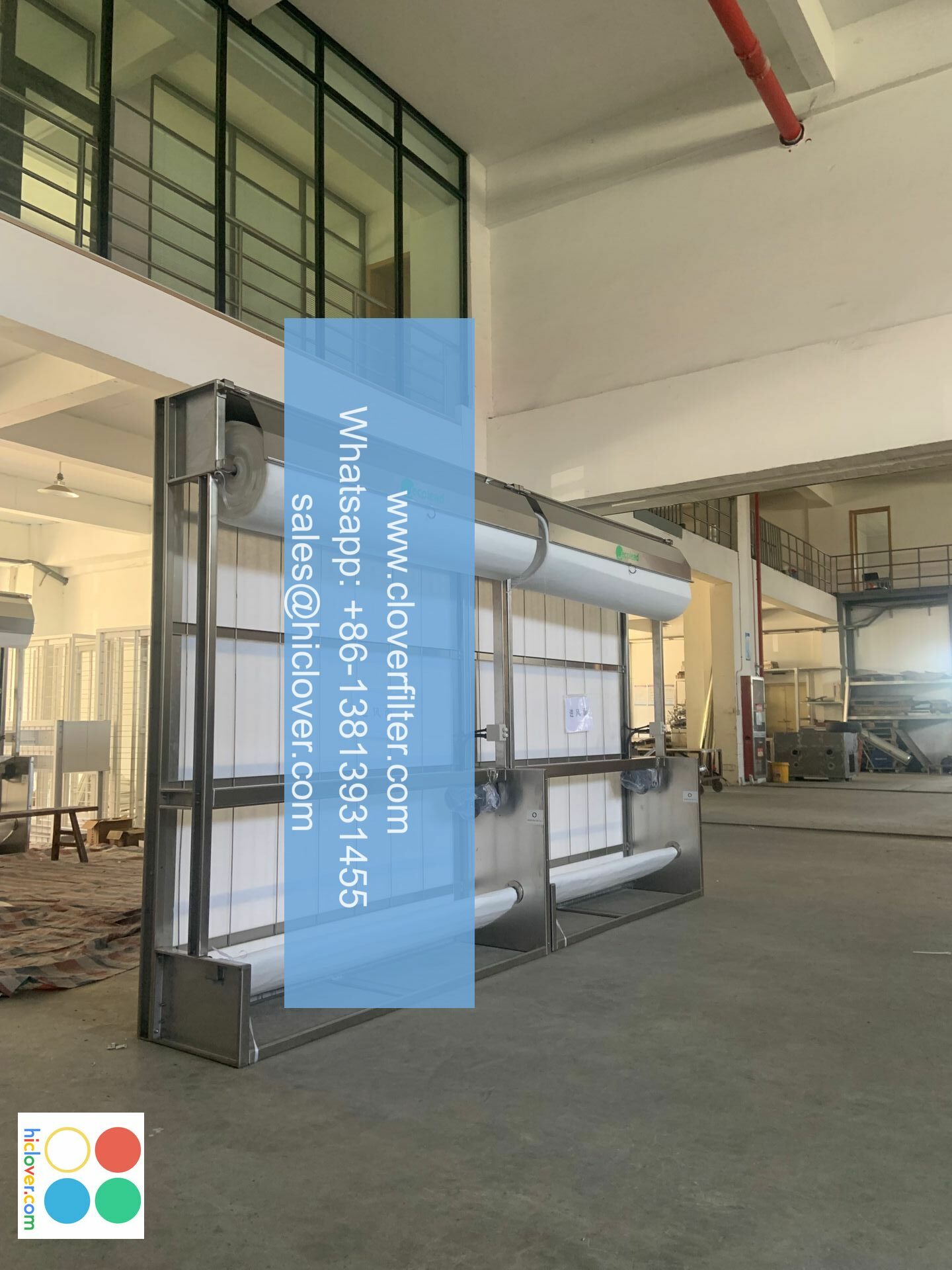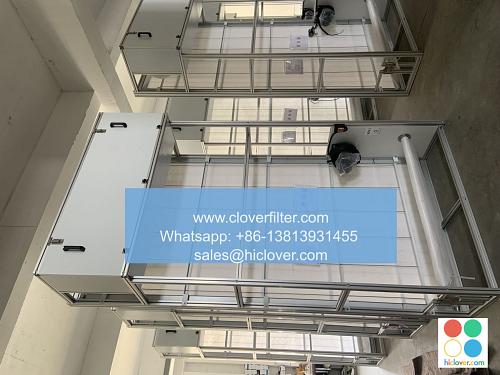The Rise of Smart Air Filters: How AI is Revolutionizing Air Quality

The Rise of Smart Air Filters: How AI is Revolutionizing Air Quality
Introduction
As we continue to increasingly rely on technology to improve our homes and workplaces, air quality has become a critical component of indoor comfort and health. With the advancement of Artificial Intelligence (AI) and smart sensing technologies, smart air filters are revolutionizing air quality management, extending beyond traditional mechanical filters. By combining the power of AI, IoT, and advanced sensors, smart air filters are transforming the way we control air quality, providing a healthier and more efficient indoor environment.
How Smart Air Filters Work
Unlike traditional air filters that rely on mechanical or chemical means to purify the air, smart air filters leverage AI and IoT technologies to continuously monitor and analyze indoor air quality (IAQ) in real-time. Key components of smart air filters include:
- Advanced sensors: Air quality sensors monitor pollutants, such as particulate matter (PM), nitrogen dioxide (NO2), volatile organic compounds (VOC), and temperature.
- Machine learning algorithms: AI-powered software processes sensor data, using predictive models to identify patterns and anomalies, enabling proactive measures to maintain optimal air quality.
- Autonomous control: Smart air filters can automatically adjust filter settings, activate purification cycles, and even communicate with other smart devices in the home or building to coordinate IAQ management.
- Home automation: Smart air filters seamlessly integrate with smart home systems, enabling automated air quality control and enhanced indoor comfort.
- Well-being and health: By providing real-time air quality monitoring and proactive alerts, smart air filters help alleviate health concerns associated with poor IAQ, such as asthma and allergies.
- Improved productivity: Smart air filters maintain optimal IAQ in office spaces, restaurants, and hotels, enhancing employee and customer satisfaction.
- Compliance and regulation: Smart air filters help organizations meet or exceed regulations, reducing the risk of fines and negative publicity.
- Public health: Smart air filters in public transportation, museums, and libraries promote healthier environments for citizens, particularly in densely populated areas.
- Education and awareness: Smart air filters can serve as educational tools, raising awareness about IAQ and its impact on human health.
- Patient safety: Smart air filters help maintain a clean and sterile environment, reducing the risk of infections and associated complications.
- Enhanced patient comfort: By providing optimal IAQ, smart air filters contribute to improved patient satisfaction and recovery.
Applications of Smart Air Filters
The implications of smart air filters extend beyond residential settings, with far-reaching applications in various sectors:
Residential Spaces
Commercial and Industrial Settings**
Public Spaces and Transportation
Healthcare Facilities and Hospitals
Conclusion
As the integration of AI and IoT transforms air quality management, smart air filters become an essential component of indoor environment control, covering residential, commercial, and industrial spaces. Beverage incorporate the benefits of smart air filters, prioritize user health and comfort, minimize environmental impact, and digitize air quality management for a healthier and more sustainable future.
You’d like to give me a prompt to work with. What’s the prompt?

